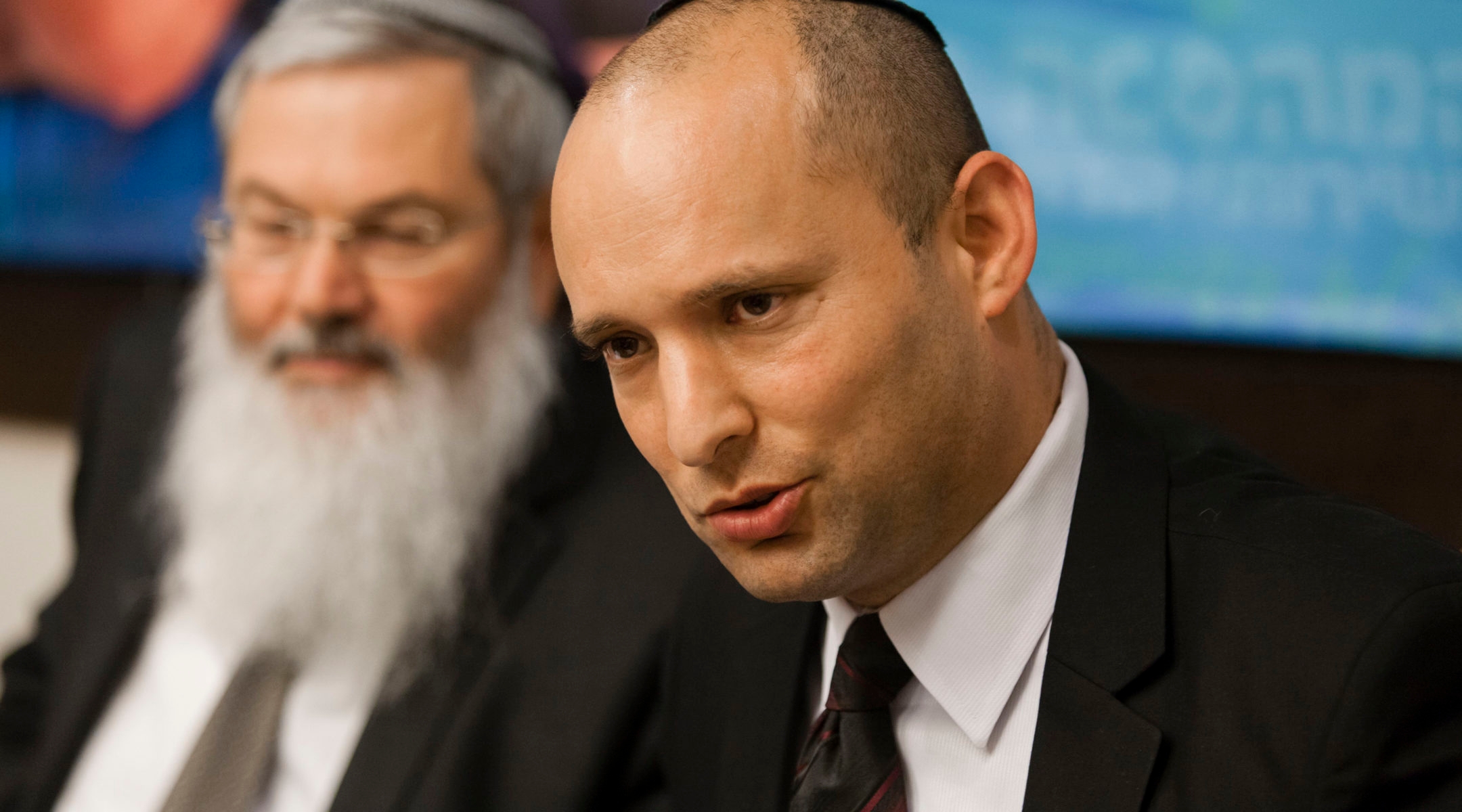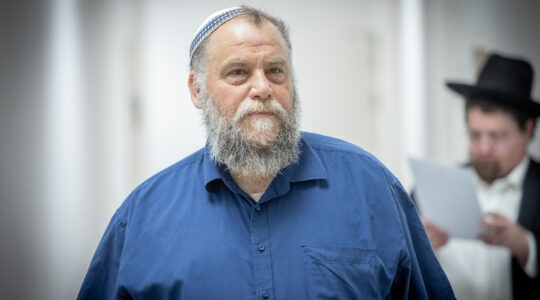But the leaders of Israel’s non-Orthodox movements fear a repeat of what happened with Gold, where criteria were established that made it nearly impossible for her to receive a state salary as the Supreme Court intended.

Miri Gold, an Israeli Reform rabbi who won a Supreme Court case entitling her to a state salary, has yet to receive a paycheck a year later. (Facebook)
“The big question is if this will be implemented in a way that’s really equal,” said Yizhar Hess, CEO of the Israeli Conservative movement. “It’s too early to say what the criteria will be, when they will come up or whether they will be equal.”
The Religious Services Ministry offered no information about the criteria being formulated, or even when the standards would be decided.
“Now I can’t tell you anything about the criteria,” said Idit Druyan, spokeswoman for Deputy Religious Services Minister Eli Ben Dahan. “I have no schedule.”
The responsibility for implementing the policy change lies with Religious Services Minister Naftali Bennett, chairman of the right-wing Jewish Home party. Since taking office, Bennett has shown a penchant for effecting change quickly, enacting a trio of religious reforms two weeks ago and pushing a bill to change elections for chief rabbi.
Those reforms were more about process than substance. This change could threaten an anchor of Orthodoxy’s dominance of Jewish institutions in Israel — a move that could upset Bennett’s Modern Orthodox base and rally the haredi Orthodox opposition.
For now, however, Reform and Conservative leaders remain hopeful that change is on the way — even if it’s a long way off.
“We just have to keep up the vigil,” Gold said. “I don’t think anybody’s going to give up on this.”






